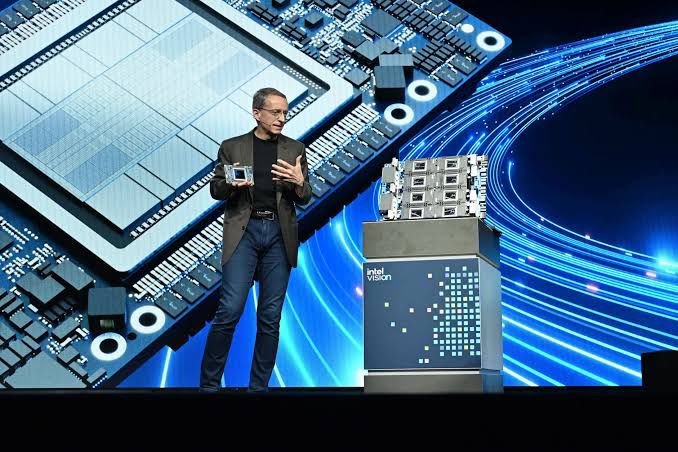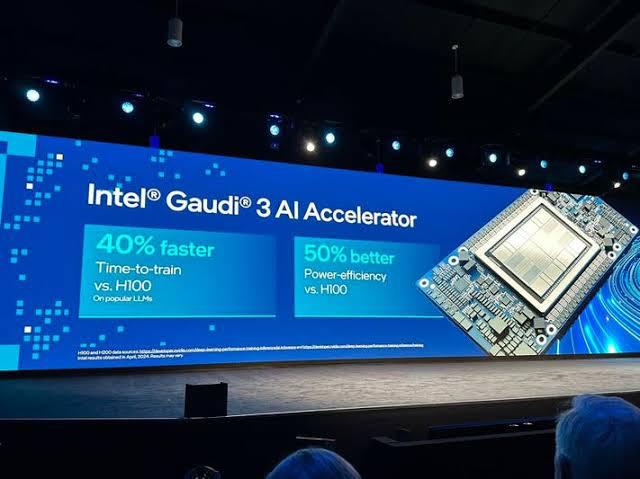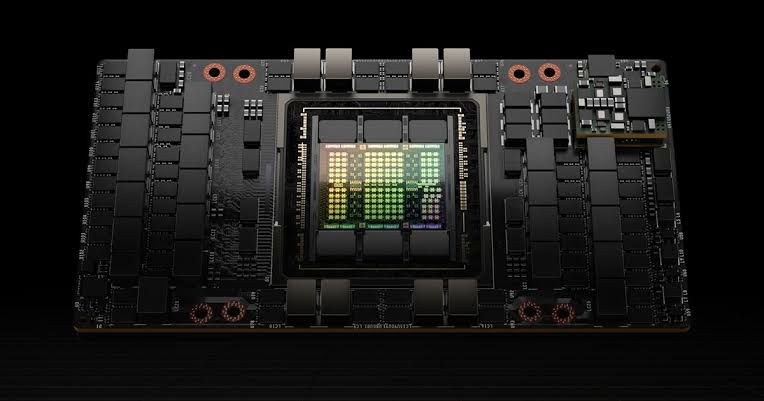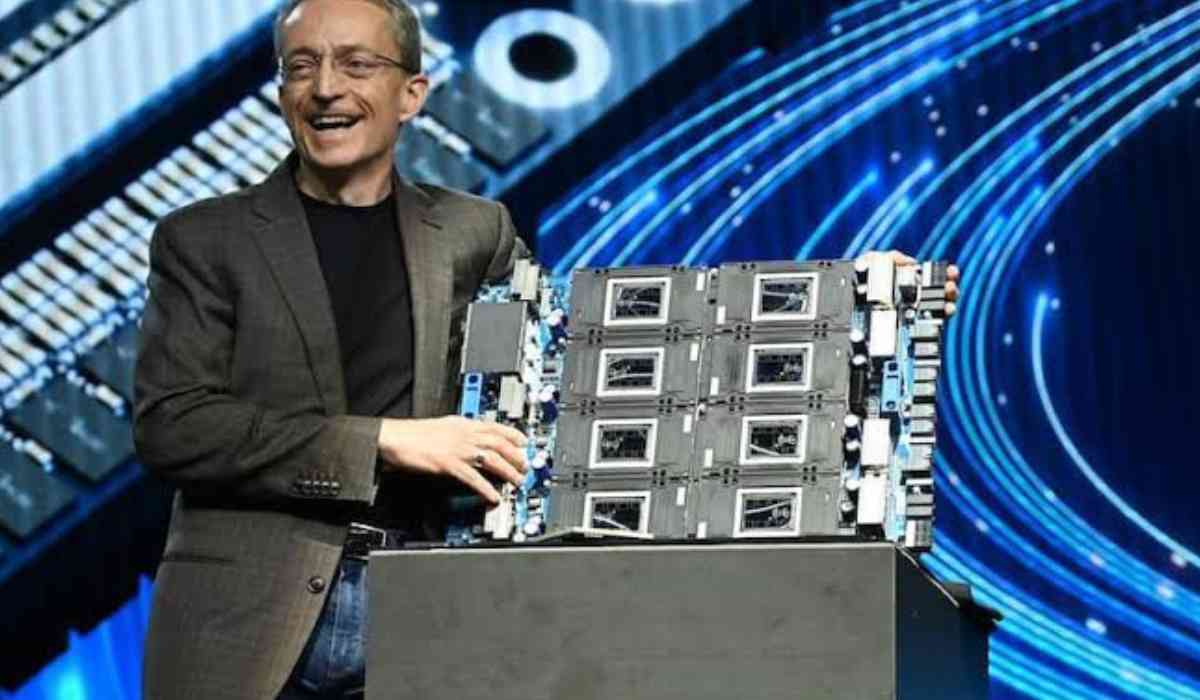In an effort to challenge Nvidia's hegemony in AI semiconductors, California-based Intel unveiled Gaudi, the third generation of its artificial intelligence (AI) accelerator. Gaudi 3 was unveiled less than a year after Gaudi 2, its predecessor, a major improvement over Gaudi 2, its predecessor.
What is Gaudi 3
- Gaudi 3 is made with a 5 nm process and is intended for high-performance artificial intelligence.
- Made up of two identical silicon dies connected by high-bandwidth links, each with 48MB of cache memory.
- Promises a 1.5x increase in memory bandwidth and a fourfold increase in AI computing power for BF16.
- Because each accelerator has a heterogeneous compute engine that can perform 64,000 operations in parallel, deep learning tasks can be effectively performed with them.
- It can support multiple data formats, such as BF16 and FP8.
- Compared to Nvidia's H100 processor, the new chip can train large language models 50% faster and compute generative AI responses more quickly.
- The chip is intended to improve performance in two main domains: operating the final software and assisting in the training of AI systems, which entails inundating them with data
- Enables scalability from single nodes to mega-clusters with thousands of nodes thanks to its open software and standard Ethernet networking, enabling large-scale inference, fine-tuning, and training.

Nvidia vs Intel
Intel claims that its AI accelerator has outperformed Nvidia's H100, which was once acclaimed as the "most powerful" GPU for AI applications, based on its superior performance across a number of metrics.
Talking about Nvidia, CEO Gelsinger stated on Tuesday, "They're a good competitor, but people want an alternative." "The world requires more suppliers, and we're committed to giving them options."
Intel aims to compete:
Intel estimates that Gaudi 3 will outperform the H100
- In terms of speed and power efficiency.
- Will be 1.5 times better at running the software and train specific types of AI models 1.7 times faster.
- Delivers 50% on average better inference and 40% on average better power efficiency than Nvidia H100, at a fraction of the cost.

Nvidia owns the AI chip sector:
Managed to capture an estimated 80% of the AI chip market.
- Nvidia H100 accelerator's phenomenal success helped the company more than double its revenue and elevate its market valuation to over $2 trillion, or approximately Rs. 1,66,39,120 crore.
- Nvidia is currently attempting to extend its lead with the recent launch of Blackwell chip platform. The company announced in March that systems built on that product will be made available later this year.
- Over $47 billion (about Rs. 3,91,061 crore) in data center revenue was generated by the company in the 12 months that concluded in January. Analysts predict that total will exceed $95 billion (approximately Rs. 7,90,442 crore) in the current fiscal year.
- Nvidia debuted new chips this year, including the B100 and B200 GPUs, following the launch of the H100 in March 2023. The GB200 superchip, which combines two B200 GPUs, is particularly noteworthy as it offers a performance boost of seven times over the H100.
- Intel stated that it cannot make any comparisons with Nvidia's upcoming Blackwell line of products until those are made available to the general public.

Availability of Gaudi 3
Original equipment manufacturers (OEMs) including Dell Technologies, HPE, Lenovo, and Supermicro will be able to purchase Gaudi 3 by the second quarter of 2024 (Intel operates on a January to December fiscal cycle). The third quarter of 2024 is when Intel Gaudi 3 accelerators are expected to become generally available.
Pricing
CEO Gelsinger without disclosing the exact price, stated that the chips would be "a lot below" the price of Nvidia's present and upcoming chips. Will offer "extremely good" total cost, he stated.
Collaboration
Intel also disclosed partnerships with Bharti Airtel, Infosys, and Ola/Krutrim to implement the Gaudi accelerator solutions. Moreover, In order to utilise Intel's private computing capabilities in their cloud instances, Thales, Cohesity, and Google Cloud have formed partnerships with Intel. This includes Intel Trust Domain Extensions (Intel TDX), Intel Software Guard Extensions (Intel SGX), and Intel's attestation service. Customers can test their AI models and algorithms using trusted execution environments (TEEs), and they can use Intel's trust services to verify these TEEs' dependability on their own.
Another long-time Rival, Advanced Micro Devices, challenging Intel in the personal computer processor market, also unveiled the MI300 lineup of accelerators in December. Both Intel and Advanced Micro Devices have struggled to produce a compelling bundle of chips and the necessary software to build AI applications that can rival Nvidia.
(With Agency Inputs)
©️ Copyright 2024. All Rights Reserved Powered by Vygr Media.






















